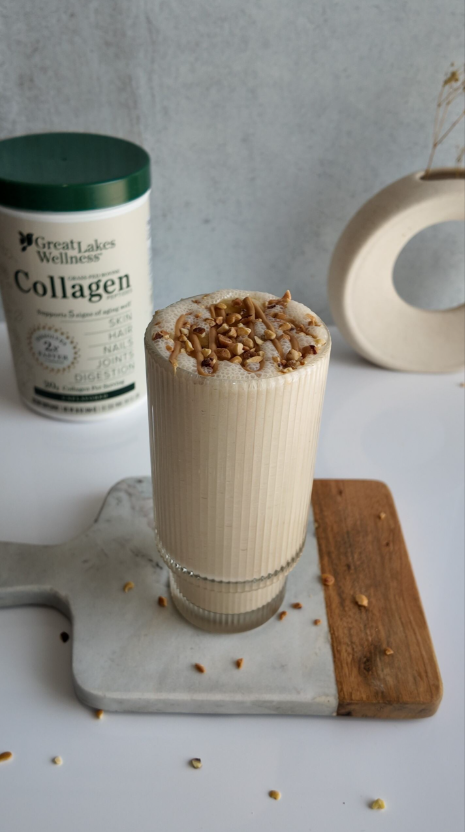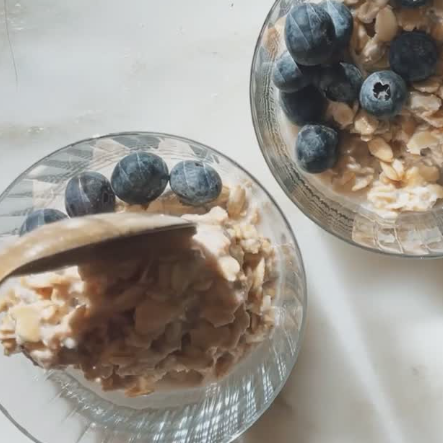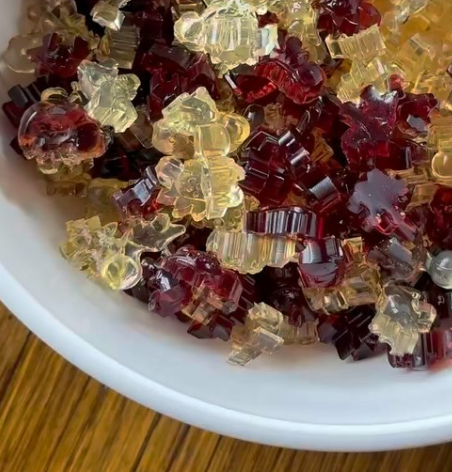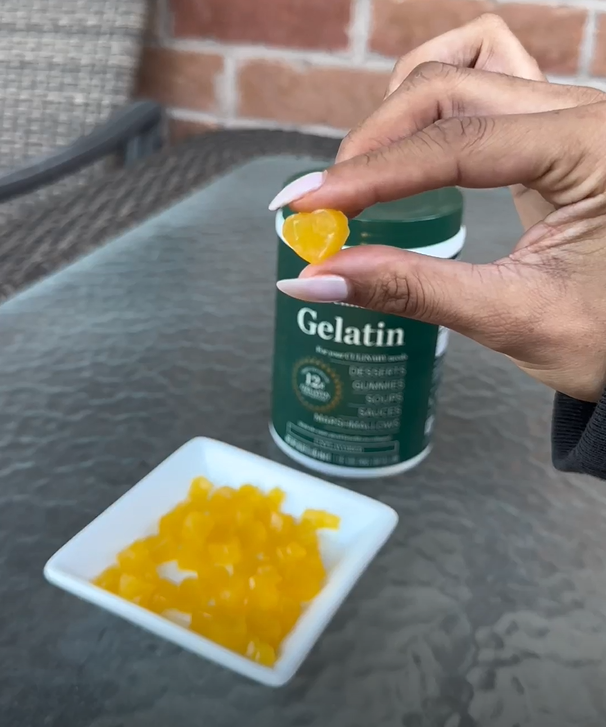Staying hydrated has a big impact on your overall health. Poor skin? Have a headache? Want to lose weight? DRINK WATER. Staying hydrated is often overlooked and dehydration can lead to some health risks. Did you know that up to 60% of an adult human body is made up of water? Whether you are someone who loves to sit in the sun, someone who exercises outside, or is a professional athlete, staying hydrated is essential to your wellness.
Signs of Dehydration
|
Dry mouth |
Dizziness |
|
Headache |
Infrequent urination |
|
Flushed skin |
Constipation |
|
Fatigue |
Rapid heart rate |
|
Low blood pressure |
Confusion |
How much fluid do I need to stay hydrated?
Fluid requirements differ for everyone. Factors like age, climate, activity level, and if other health issues are present, will determine the amount of fluid needed. A general rule of thumb is to drink (8) 8 fl.oz. servings of water or caffeine-free beverages per day. However, if you are outside in the heat for hours at a time or in extremely warm conditions consistently, it is recommended that you drink (4 to 6) 8 fl.oz. cups of water or caffeine-free liquid per hour.
Always keep a bottle of water with you and sip on it frequently. You should drink throughout the day rather than drinking large amounts less frequently. If you have a hard time remembering to drink something, set an alarm or a reminder.

Limit or avoid drinking caffeine, alcohol, sports drinks, soda, juice, and other sugar laden drinks as they can contribute to dehydration. Drink some water after consuming beverages that contain caffeine or alcohol.
Water is the best fluid to consume to stay hydrated. Although drinking fluids that are caffeine-free and sugar-free are good ways to stay hydrated, water is still the best way; drink it or eat it. The water content of foods is often overlooked as a way of getting in fluids and helping to stay hydrated. Consume fruits and vegetables that contain a high percentage of water. Here are 10 foods that have a high water content.

|
Lettuce: 96% water content |
Watermelon: 92% water content |
|
Cucumber: 95% water content |
Strawberries: 91% water content |
|
Tomatoes: 94% water content |
Cantaloupe: 90% water content |
|
Cabbage: 92% water content |
Peaches: 89% water content |
|
Cauliflower: 92% water content |
Oranges: 88% water content |
It does not matter how old, how young, how healthy, or how active you are, dehydration can happen to anyone. Dehydration occurs when more fluid is lost than consumed. When the usual water content in the human body is reduced, it affects the balance of salts and minerals in the body, and that in turn, affects the proper functioning of the body. Try to avoid becoming dehydrated by consciously making the decision to consume water frequently throughout the day. If you are excessively perspiring increase your fluid intake. Dehydration can be avoided, just make sure to consume enough fluids throughout the day.
References:
- Tips on How to Stay Hydrated. aetna.com/health-guide/stay-hydrated-by-age.html
- 19 Water-Rich Foods that Help You Stay Hydrated. com
Disclaimer: The information provided is for informational purposes only and is not intended to diagnose or treat any medical conditions. Nor is it intended to replace the advice or diagnosis of a medical professional. Individual results may vary.









